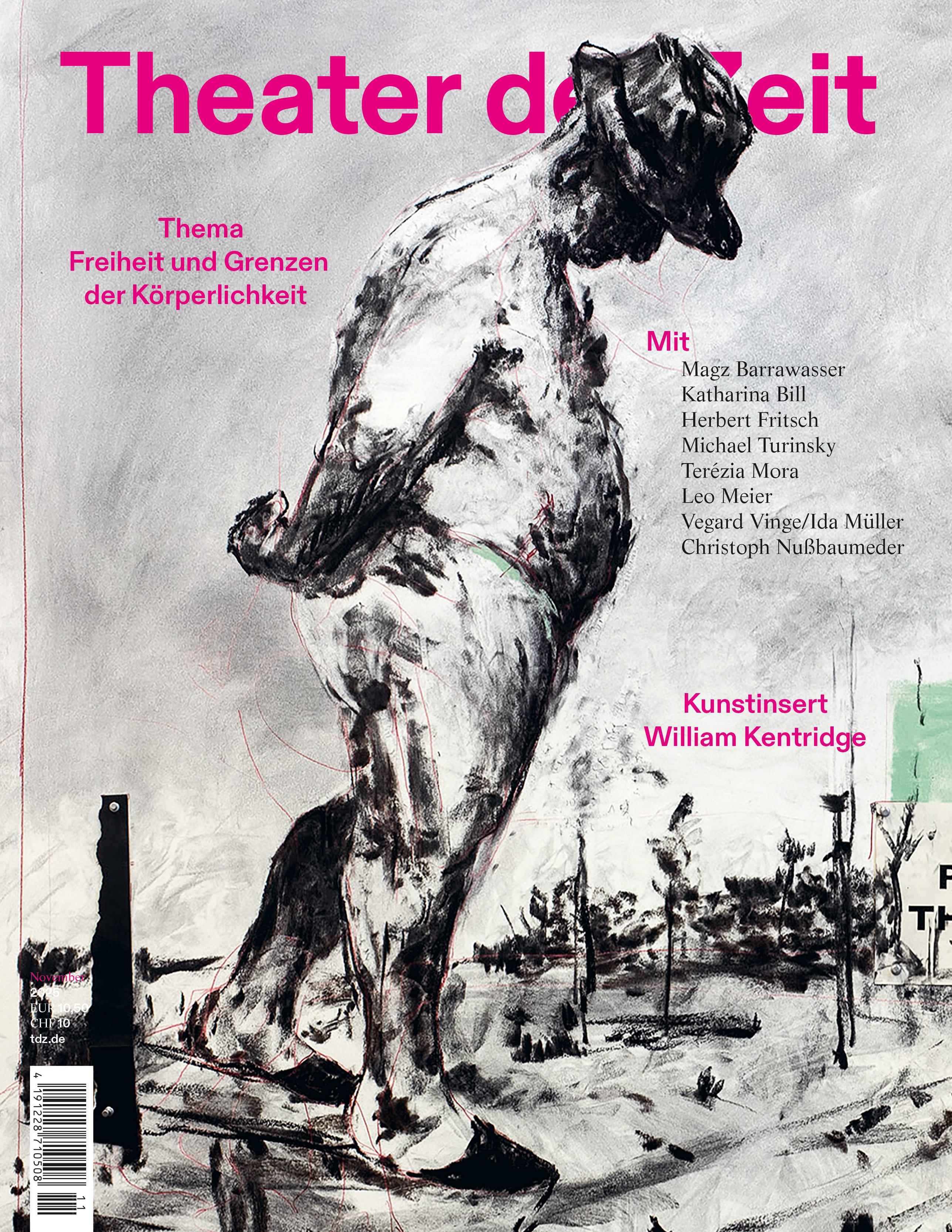2 Mit Blick ins 20. Jahrhundert
Ein Jahr bevor die 2010er Jahre beginnen, blickt der US-amerikanische Theaterwissenschaftler Marvin Carlson in seiner Studie Theatre is more beautiful than war auf die deutschsprachige Theaterregielandschaft im späten 20. Jahrhundert zurück:
In almost every area of production, the German theatre of the past forty years has consistently achieved a level of distinction unique in the international community. […] In Germany, especially in the major theatres, audiences are much more likely to attend a production on the basis of its director than for any other reason. This dominance of the director has not surprisingly aroused some controversy, especially among those who espouse the traditional view that the major concern of theatre should be the faithful conversion into visual terms of a preexisting literary text. The term Regietheater (director’s theatre) became in the late twentieth century one of the most familiar critical terms in German theatrical discourse and was the subject of countless articles, essays, and books. The majority of these were written in protest against the excesses of Regietheater, when the director imposed an artistic vision on a play or in more extreme cases simply used a play as raw material to make an almost totally independent dramatic creation. Despite...


.jpeg&w=3840&q=75)















